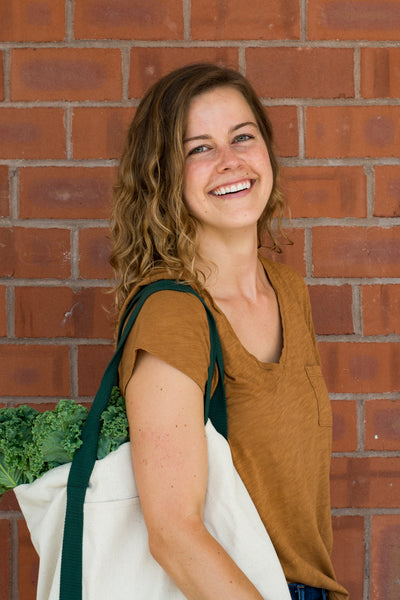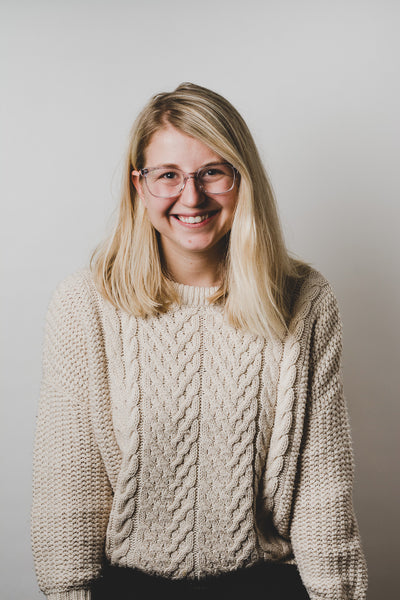Fad diets. Superfoods. Cleanses. There is so much nutrition information out there that it can be hard to determine what is real and what is not. We believe in science-based nutrition and create healthy snacking options with that evidence in mind. As such, we fully support the work of Registered Dietitians who advocate for non-diet solutions to being healthy. In honor of National Nutrition Month, we reached out to our Nutrition Collaborative to get their take on nutrition.
We asked: What’s the one thing you wish people knew about nutrition?
These experts are all Registered Dietitians and range in specialty from digestive health to sports to culinary nutrition. They advise cooking for yourself, recognizing the limitations of food insecurity, and simply listening to your own body. Read on to hear what our community of Dietitians wants you to know about nutrition to live your healthiest and happiest life.
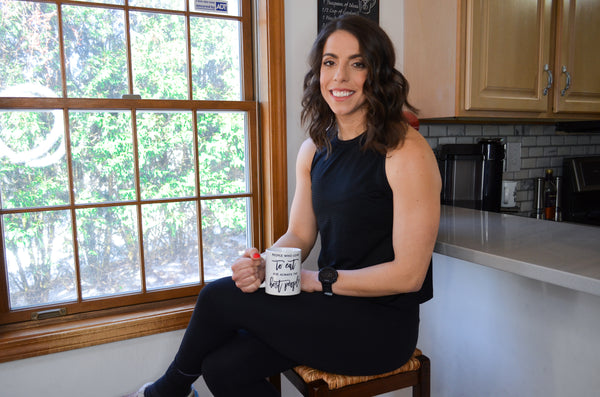
Laura Ligos, MBA, RD, CSSD aka "The Sassy Dietitian" is a Registered Dietitian and cookbook author who loves to help people enjoy all kinds of food through sassy educational content and easy, delicious recipes.
“I wish everyone knew that cooking for yourself isn’t all that scary or hard. You just have to get in the kitchen, make a lot of mistakes--a big ol’ mess--and keep trying. Being able to feed yourself is one of the most amazing gifts and can help you improve your health, not to mention an easy way to win over friends. Just get in the kitchen, start with one recipe, and soon you’ll be cooking up everything you find and your friends will ask you how you make your food. Sure, you can continue to eat out, but wouldn’t it be nice to be able to save some money and feed yourself? That’s a win-win in my book.”
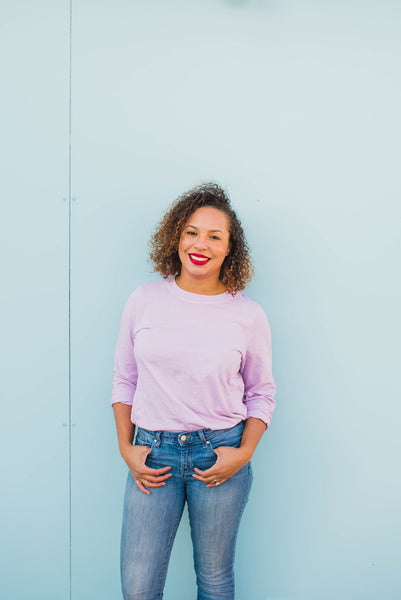
Dalina Soto, MA, RD, LDN is a bilingual Registered Dietitian on a mission to help Latinas find food freedom.
Website | @your.latina.nutritionist
"I wish everyone would know that nutrition is very individual and that not everyone has access to 'healthy foods'. There is such a misconception that everyone has a choice in this, when in reality there are so many factors that can affect this, accessibility to food being the main one. Many people in our country do not have access to supermarkets, fresh fruits and veggies, or even sidewalks. Many of the things we take for granted can really impact our health. I wish more people would see this and be less judgmental about the food choices many people in this country are forced to make."
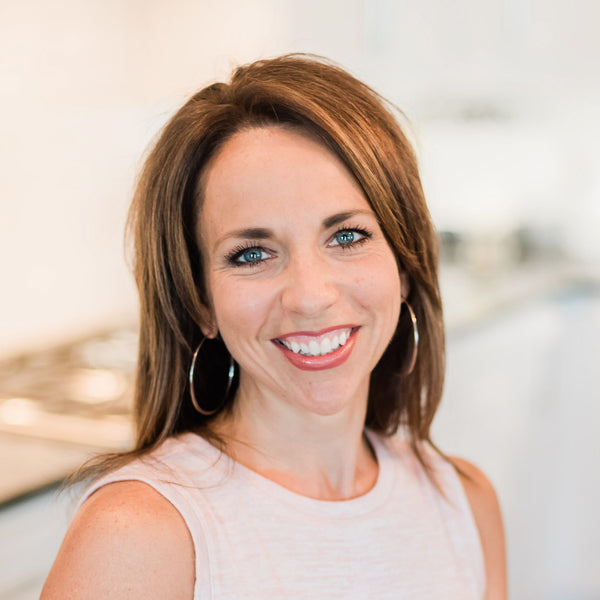
Regan Jones, RDN, ACSM-CPT is the creator and host of This Unmillennial Life -- a top 25 personal journal podcast for women in midlife.
“Fiber is everything. (Okay, well not EVERYTHING, but it is awfully important when it comes to overall good health!) Most people know fiber helps with digestion, but it's so much more important than just that. There are literally billions of microbes living inside our gut that play a crucial part in both optimum health and disease development. To keep these microbes happy and healthy, you have to feed them well... which means eating a diet rich in fiber from plant-based foods. Unfortunately, most Americans fall well below the 35 g of fiber per day recommended as a MINIMUM for good overall health. What's one small change you can make to have a big impact on your health? I say Eat More Fiber!”
Jillian Greaves, MPH, RD, LDN is an Integrative Functional Registered Dietitian and the owner of Prevention Pantry Nutrition, a private nutrition and lifestyle counseling practice specializing in women’s health.
"I wish that everyone knew how important it is to zoom out and look at the big picture when it comes to nutrition. Our society tends to get hyper-focused on one food, one ingredient, or one day of eating. Putting too much of an emphasis on any one thing typically leads to a lot of stress and can actually be a deterrent from establishing long-term health-promoting habits with food. Trust in your body’s ability to self-regulate and focus on the positive things you can do on a persistent basis like eating a variety of vegetables, fruit, nuts, seeds, protein, and whole grains. Know that every day is going to look a little different – and that’s okay!"
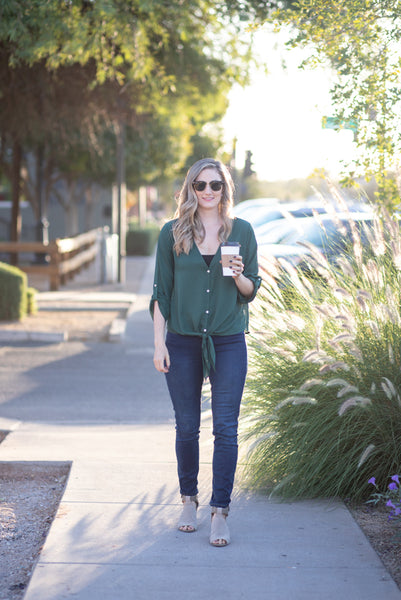
Kelli Shallal, MPH, RD, CPT, CLT is a Phoenix-based nutrition communications and counseling expert. She is the author behind the popular healthy living blog Hungry Hobby and new book Meal Prep for Weight Loss.
Website | @hungryhobbyrd | Facebook
"Calories are the least essential information about the food you eat. Ingredients, nutrient density, even macronutrients (protein, fat, and carbs) matter more than the calorie content of one specific food. On an ingredient list, look for words you can pronounce and picture in your head, things your great-grandma would recognize! We are aiming for real food ingredients as much as possible. We’re also looking for minimal added sugar where possible. In many pre-packaged foods, you’ll see five or more types of sugar all under different names. Also, keep in mind that ingredients are listed most to least. If the first ingredient is a type of sugar, you might want to think twice about purchasing it. These aspects of our food are so much more important than just the calorie content."
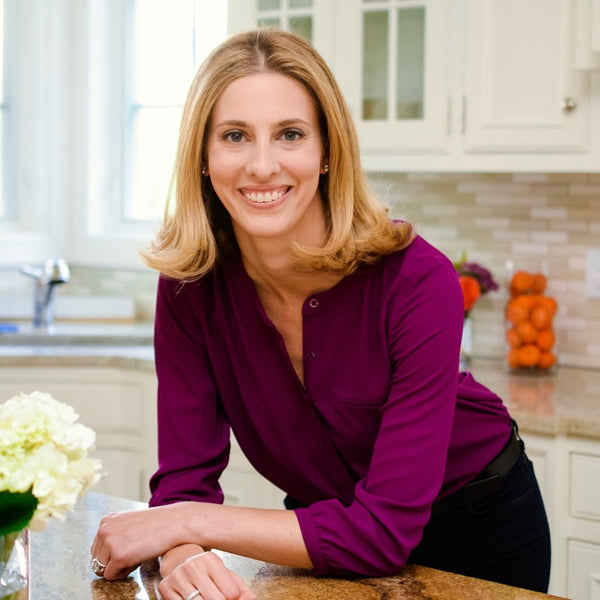
Jessica Levinson, MS, RDN, CDN is a Registered Dietitian and culinary nutrition expert in Westchester County, New York.
Website | @jlevinsonrd | Facebook
"I wish everyone knew that eating a nutritious, healthy, well-balanced diet doesn't require depriving yourself of foods you love. I truly believe all foods can be enjoyed in moderation, and while it’s important to identify which foods can trigger overeating, giving yourself permission to eat those foods on occasion can help. I’m a big advocate for meal planning to help ensure healthy meals land on the table most of the time. Having a plan in place and keeping a stocked kitchen is a setup for greater success at eating a balanced plate. That said, if you don’t get the right number of vegetables or fruits in your diet one day, it’s ok – look at the big picture of how you’re eating over a week or month."
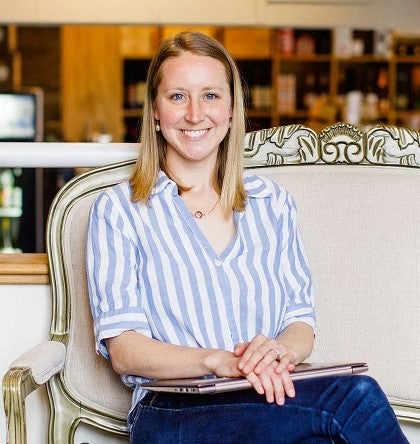
Sarah Schlichter, MPH, RDN is a Registered Dietitian, freelance writer, and nutrition consultant who focuses on sports nutrition and intuitive eating. She writes and maintains the nutrition and recipe blog, Bucket List Tummy.
Website | @bucketlisttummy_rd | Facebook
"I wish everyone knew that food is supposed to be enjoyable. Nutrition doesn't mean eating the 'healthiest' and blandest foods. Instead, it encompasses incorporating foods you enjoy, enjoying foods with friends and family, and choosing foods that make you feel your best."
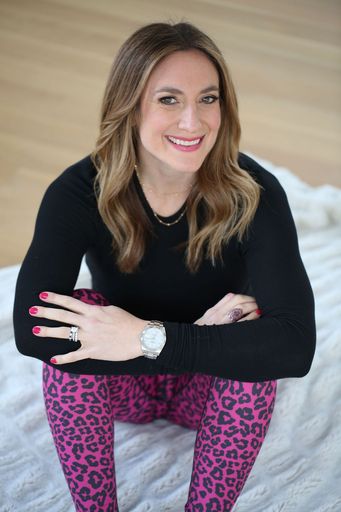
Laura Burak, MS, RD, CDN is the founder of Laura Burak Nutrition in Roslyn, NY. She is a Registered Dietitian and busy mama of 2, helping you put the fun back in food and live your happiest and healthiest life at any age.
"There is no diet trend or fad that is the right answer. A diet full of mostly fresh foods (think fruits and veggies or anything that grows outside and can't sit on a shelf for too long without spoiling) is never going to go "out of style". These recommendations will never be reversed, so focus on incorporating real foods into your diet and be mindful of your behaviors like staying hydrated, sleeping adequately, controlling your stress levels, and stop overcomplicating and overthinking everything. Remember that dieting is a business and these companies want you to buy their products or programs, so use common sense and practice consistent healthy habits in general."

Kelly Jones, MS, RD, CSSD, is a Philadelphia-based, board-certified specialist in sports dietetics for athletes at every level and works as a media spokesperson and consultant to food brands and commodity boards as well as national sports organizations.
Website | @kellyjonesrd | Facebook
“There is no one nutrition recommendation that will work for everyone. What’s most important when aiming to improve health is incorporating small, realistic, sustainable changes that are specific to your needs. This should consider not only personal health history and goals, but also preferences, schedule, and overall lifestyle factors. Dietitians can certainly educate you and make suggestions for the changes you can make, but your intrinsic buy-in is critical. If you don’t take part in deciding your personal action plan, or it’s based on extrinsic factors, it’ll be hard to make progress that lasts.”
Hannah Meier, MS, RD, is a registered Dietitian with NourishRX, LLC, where she is on a mission to undo diet culture - one relationship to food at a time.
"There is no one-size-fits-all approach to nutrition, and especially not to health. Every human body is unique. We are all different - genetically, mentally, temperamentally, and physically. There is so much you can't tell about a person based on how they look, and especially by only judging their size. Following a diet plan or abiding by arbitrary food rules is not a reliable way to support nutrition or overall health for you. The best way to understand what you need is to start listening to your body - that's where the fun begins!"




